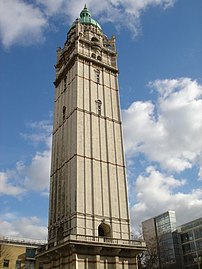
Inspired by the forthcoming Hack4Knowledge I've put together a service that enables you to assert that you are the author of a paper using the Mendeley API. If you are impatient, give it a try at: http://iphylo.org/~rpage/hack4knowledge/iwrotethat/ To use it you need a Mendeley account. When you go to I wrote that you will be asked to connect to your Mendeley account.



